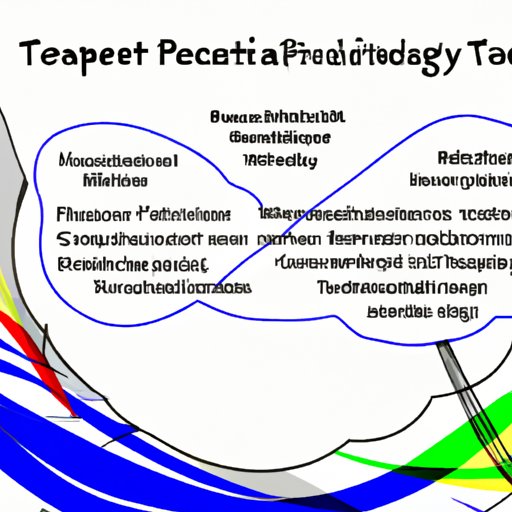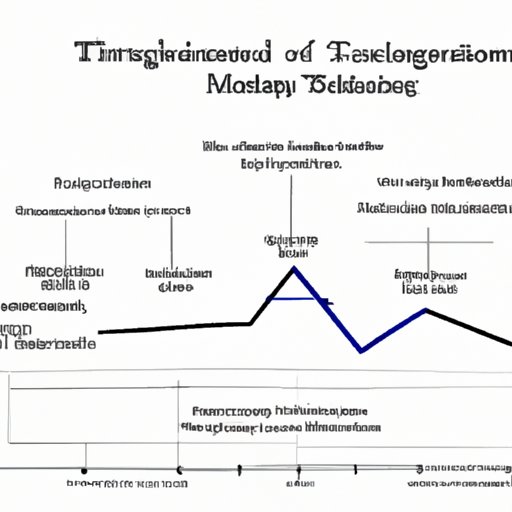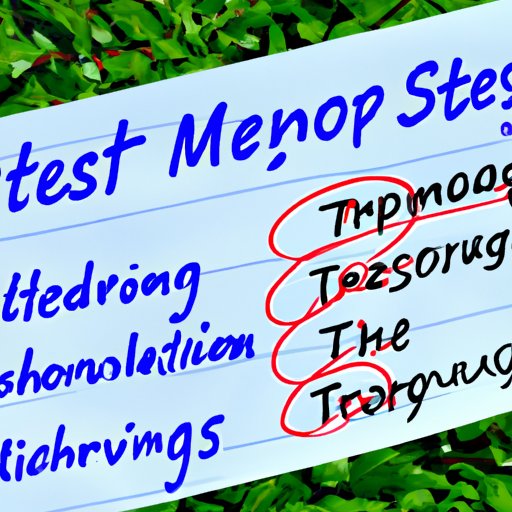Introduction
Post-Traumatic Stress Disorder (PTSD) is a mental health condition that can develop after exposure to a traumatic event. This can include events such as physical or sexual assault, natural disasters, war, and other life-threatening situations. People with PTSD experience persistent symptoms such as flashbacks, nightmares, and emotional numbness. While the exact cause of PTSD is unknown, there is an increasing amount of research into the science behind the disorder and how it can be treated.

Examining the Neurobiology of PTSD
The neurobiology of PTSD involves changes in the structure and functioning of the brain. Research has shown that people with PTSD have increased activity in the amygdala, which is the part of the brain responsible for fear and emotional responses. This can lead to heightened levels of anxiety and fear, as well as intrusive thoughts and memories about the traumatic event.
In addition, studies have found that people with PTSD have decreased activity in the hippocampus, which is the part of the brain responsible for memory formation and storage. This can lead to difficulty forming and recalling memories, as well as difficulty regulating emotions.
Genetics also play a role in PTSD risk. Studies have found that certain genes are associated with increased risk of developing PTSD after a traumatic event. This includes genes related to the regulation of stress hormones and the body’s response to fear and anxiety.

Investigating the Impact of Stress Hormones on PTSD Development
Stress hormones, such as cortisol, adrenaline, and norepinephrine, are released in response to a traumatic event and can affect the development of PTSD. These hormones can increase the risk of developing PTSD by altering memory formation and recall, as well as increasing fear and anxiety.
Environmental factors, such as childhood trauma and exposure to violence, can also increase the risk of developing PTSD. Studies have found that people who experienced childhood trauma are more likely to develop PTSD later in life. Additionally, exposure to violence, such as witnessing a traumatic event or being a victim of physical or sexual abuse, can increase the risk of developing PTSD.
The link between memory and PTSD is also important to consider. Studies have found that people with PTSD often have difficulty forming and recalling memories of the traumatic event. This can lead to intrusive thoughts and memories, as well as avoidance of reminders of the event.
Understanding the Role of Coping Mechanisms in PTSD Treatment
Treatment for PTSD typically includes cognitive behavioral therapy (CBT), exposure therapy, medications, and other alternative therapies. CBT helps people learn to manage their thoughts, feelings, and behaviors in order to reduce symptoms of PTSD. Exposure therapy helps people confront their fears in a safe and controlled environment. Medications, such as antidepressants, can help reduce symptoms of anxiety and depression.
In addition, some people find relief from alternative therapies such as yoga, meditation, and art therapy. These therapies can help people cope with the symptoms of PTSD and improve their overall wellbeing.
Conclusion
The science behind PTSD is complex and still evolving. It involves changes in brain structure and functioning, the role of genetics, the impact of stress hormones, and the use of coping mechanisms to treat the disorder. Although the exact cause of PTSD is unknown, research has shown that it is possible to manage the symptoms and improve quality of life.
If you or someone you know is living with PTSD, there are many resources available to help. The National Center for PTSD provides information and support for those affected by the disorder. Additionally, the Substance Abuse and Mental Health Services Administration (SAMHSA) offers a helpline for individuals seeking treatment or support.
(Note: Is this article not meeting your expectations? Do you have knowledge or insights to share? Unlock new opportunities and expand your reach by joining our authors team. Click Registration to join us and share your expertise with our readers.)
